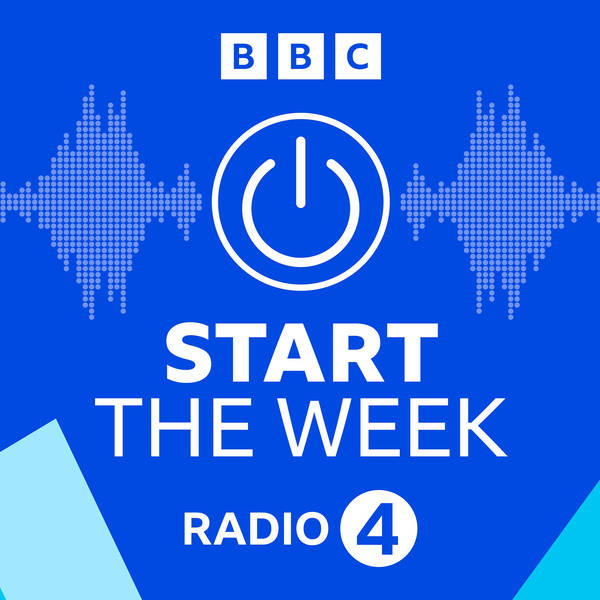
Art: market, money and malfeasance
The National Gallery in London is displaying Caravaggio’s last painting, The Martyrdom of Saint Ursula (until 21 July 2024), an extraordinary work depicting the violence and intense naturalism of the scene, and the painter’s revolutionary use of dramatic lighting. The curator Francesca Whitlum-Cooper says Caravaggio changed the art world in the 17th century. But the painter was as famous for his personal life as his art: he left murder and mayhem in his wake as he attempted to evade the law.
For most of its existence The Martyrdom of Saint Ursula languished in private collections and was sold for just £3,500 in the 1970s, with few believing it was by Caravaggio. Now it’s been identified as an original it’s worth millions. The fortunes to be made and lost in the art market, the risks, the greed and the deals are the subject of Orlando Whitfield’s book All That Glitters. He details his friendship with the contemporary art dealer Inigo Philbrick, a young man whose spectacular rise is matched only by his dramatic fall, convicted and imprisoned for fraud owing $86.7 million.
The art market is often shrouded in secrecy and is one of the very few unregulated markets left in the global economy. Angelina Giovani-Agha is an art historian who has specialised in provenance research. She understands that each painting has a story to tell and a unique record of acquisition. Her work involves investigating ownership history and highlighting any murky inconsistencies, as well as specialising in looted artworks.
Producer: Katy Hickman
